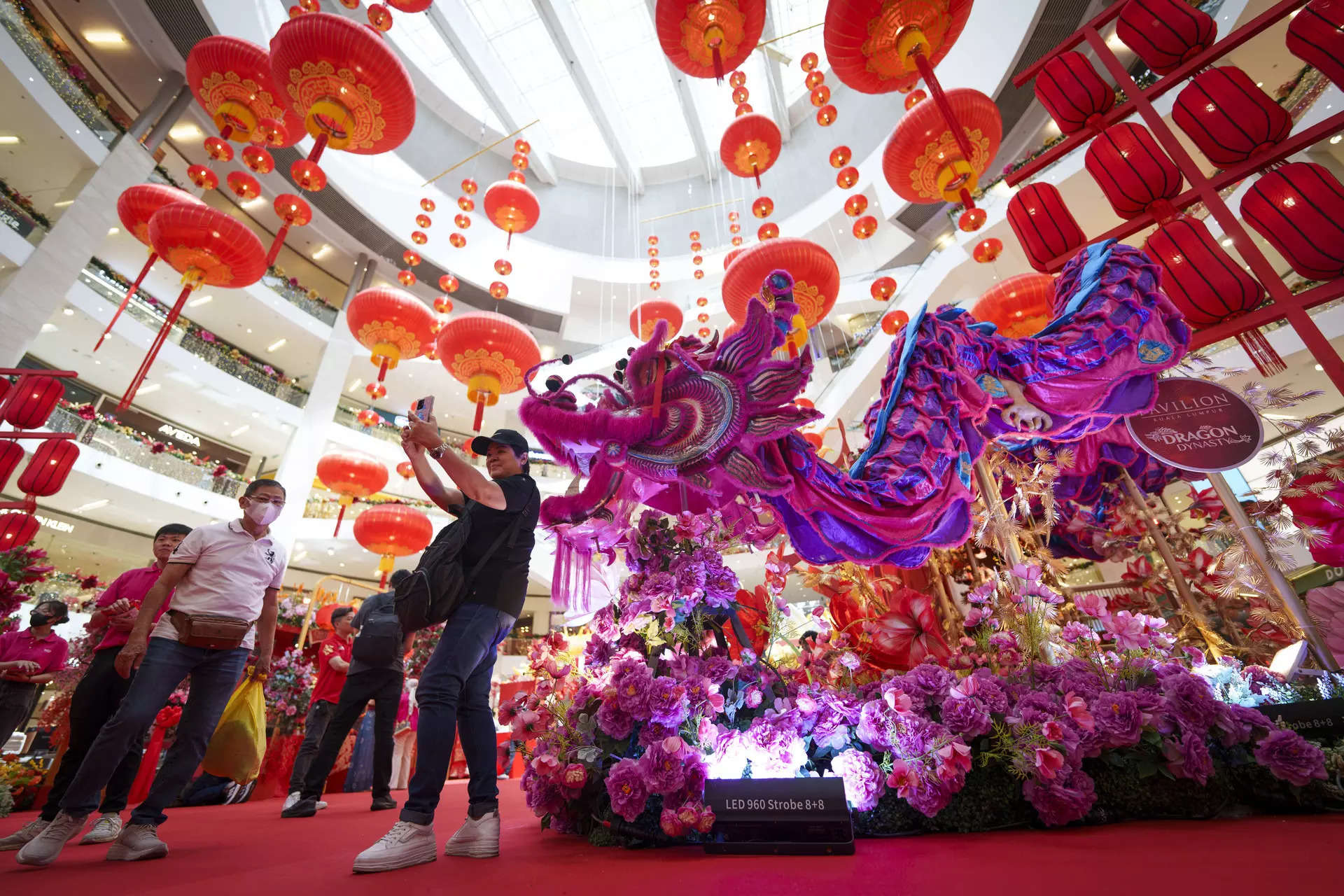
Similar to the Indian calendar mechanism, the Chinese calendar also works on the phases of the moon. The starting phase of the new moon marks the initiation of the new month. Regardless of the specific time it becomes visible, that moment marks the commencement of the new month. For instance, if the new moon rises at 8 pm, the entire day is recognized as the initial day of the upcoming month.
Festival gets a new date every year
As the whole mechanism is based on the moon’s movement, the festival’s date gets changed every year. It usually falls from January 22 to February 22 every year. This happens because the Moon’s movement duration changes every time. The commencement of the Chinese new year in 2024 is on February 10th.
Zodiac names are based on the animals
In Chinese culture, the name of each zodiac sign is based on the animals. This mythological tale revolves around the legendary race hosted by the Jade Emperor, ruler of heaven, to determine the order of the zodiac animals. In a popular myth, the Jade Emperor invited all animals to race across a river, and their finishing order decided their place in the zodiac. The clever Rat secured first place while the Ox occupied 2nd, followed by other animals such as Tiger, Rabbit, Dragon, and others.
Each year is linked with Zodiac animals
As the calendar follows a cycle of 12 years with 12 zodiacs, each year in the Chinese calendar is linked to different animals. For instance, 2024 is the Year of the Wood Dragon, similarly, 2023 was the Year of the Rabbit.
In Mandarin, this sentence Guo Nian Hao stands for Happy New Year. This word is used by individuals to greet friends and family.
As China celebrates its grand festival, this festival lasts for more than 2 weeks, approx. 15 days. The celebration marks its initiation with decorations, family meetings, dragon dance, and it ends with lantern dance.
People in Punjab celebrate Lohri with pomp and fervour
